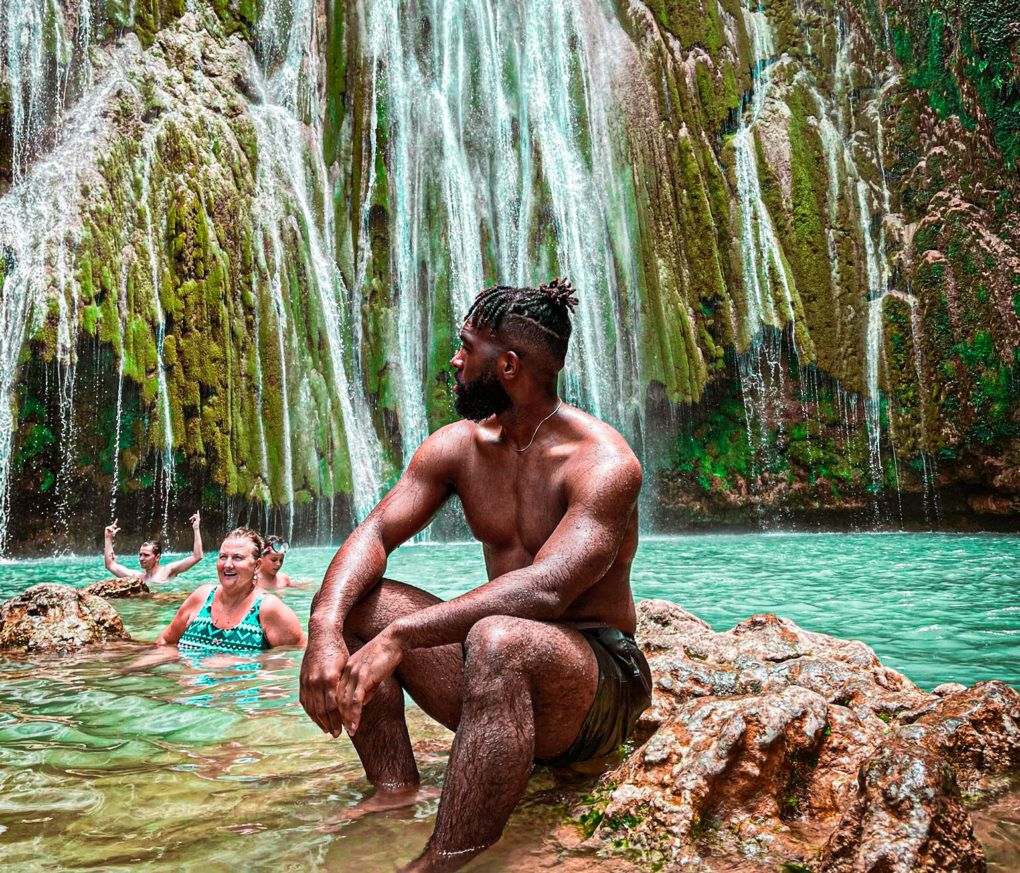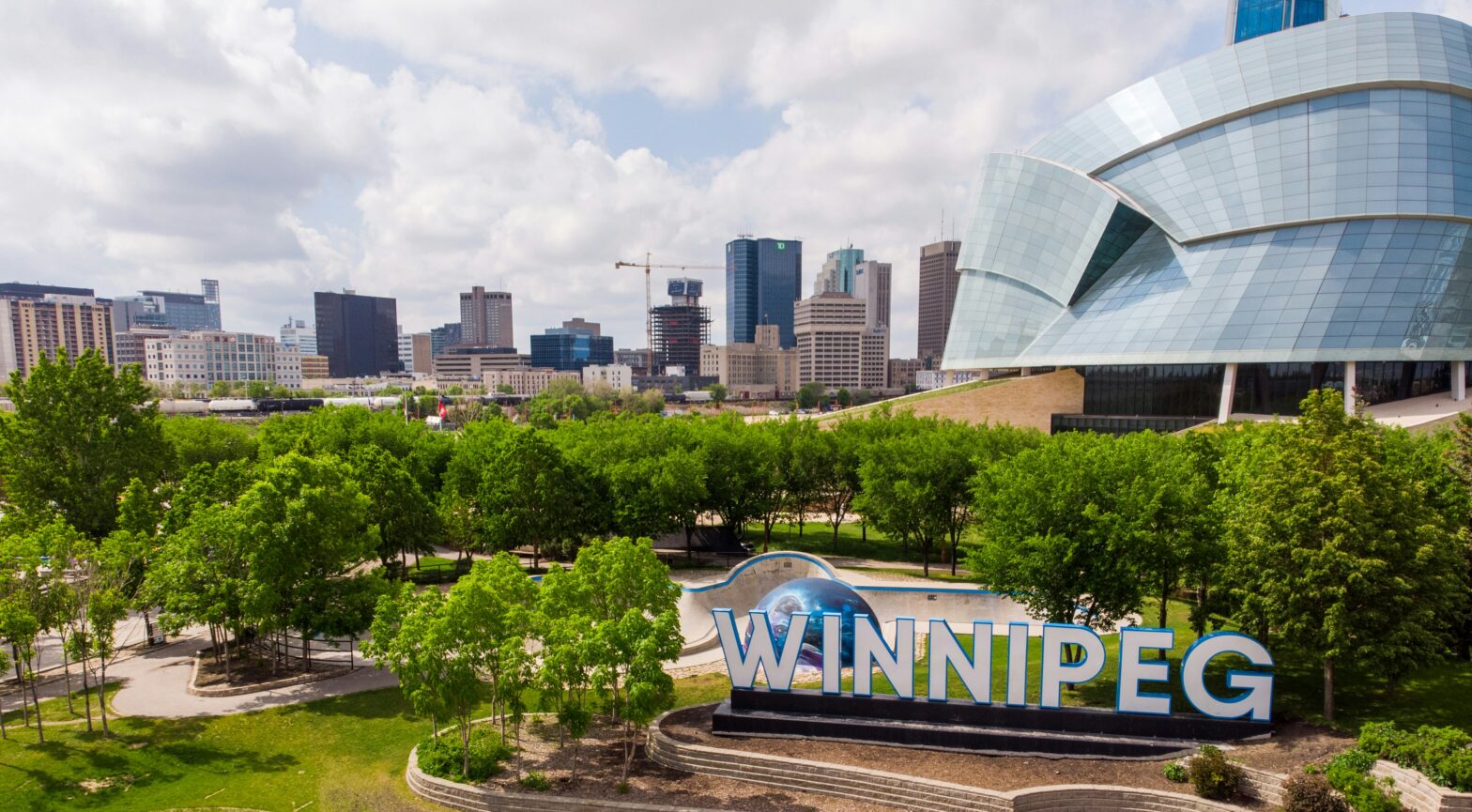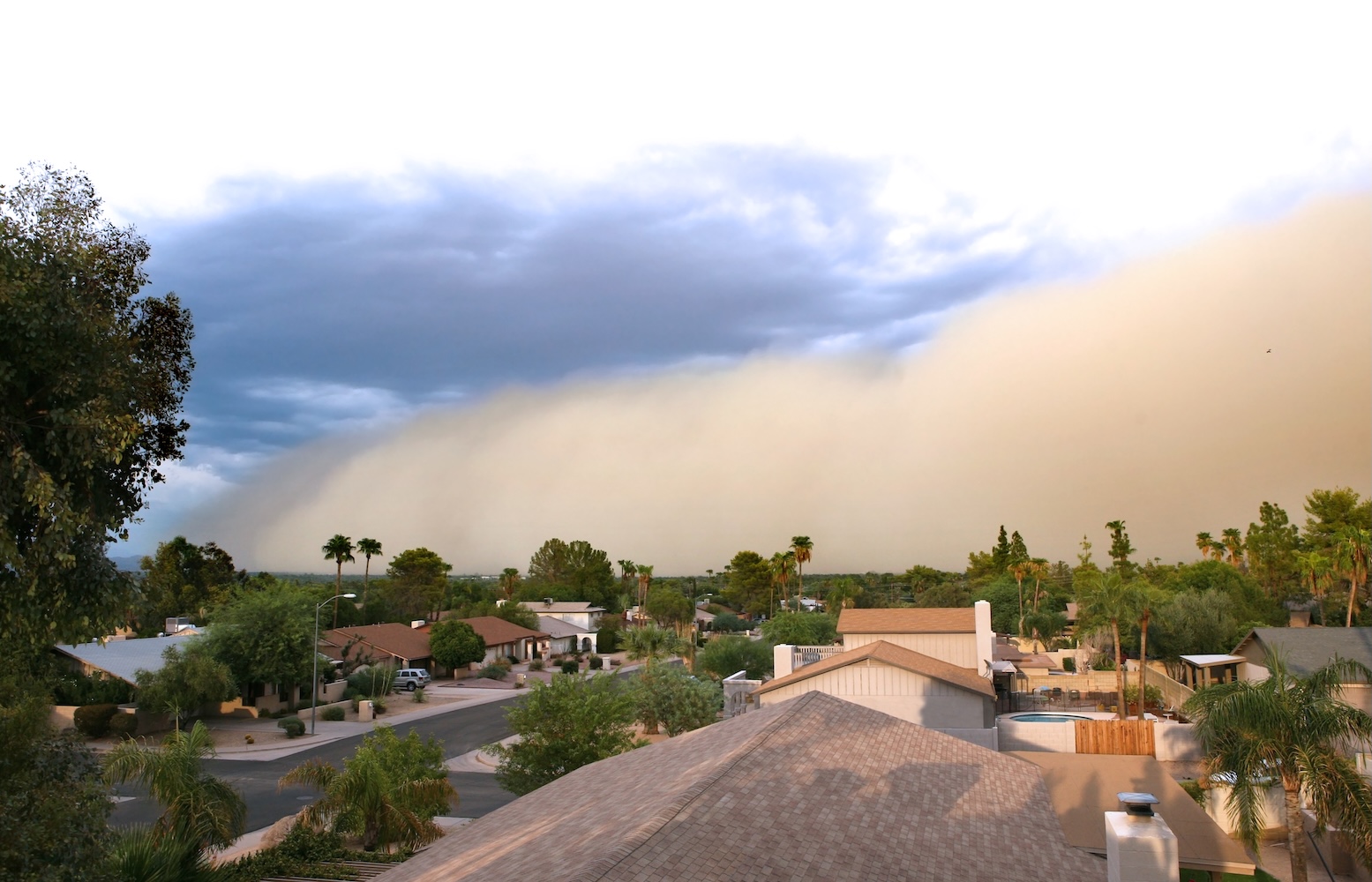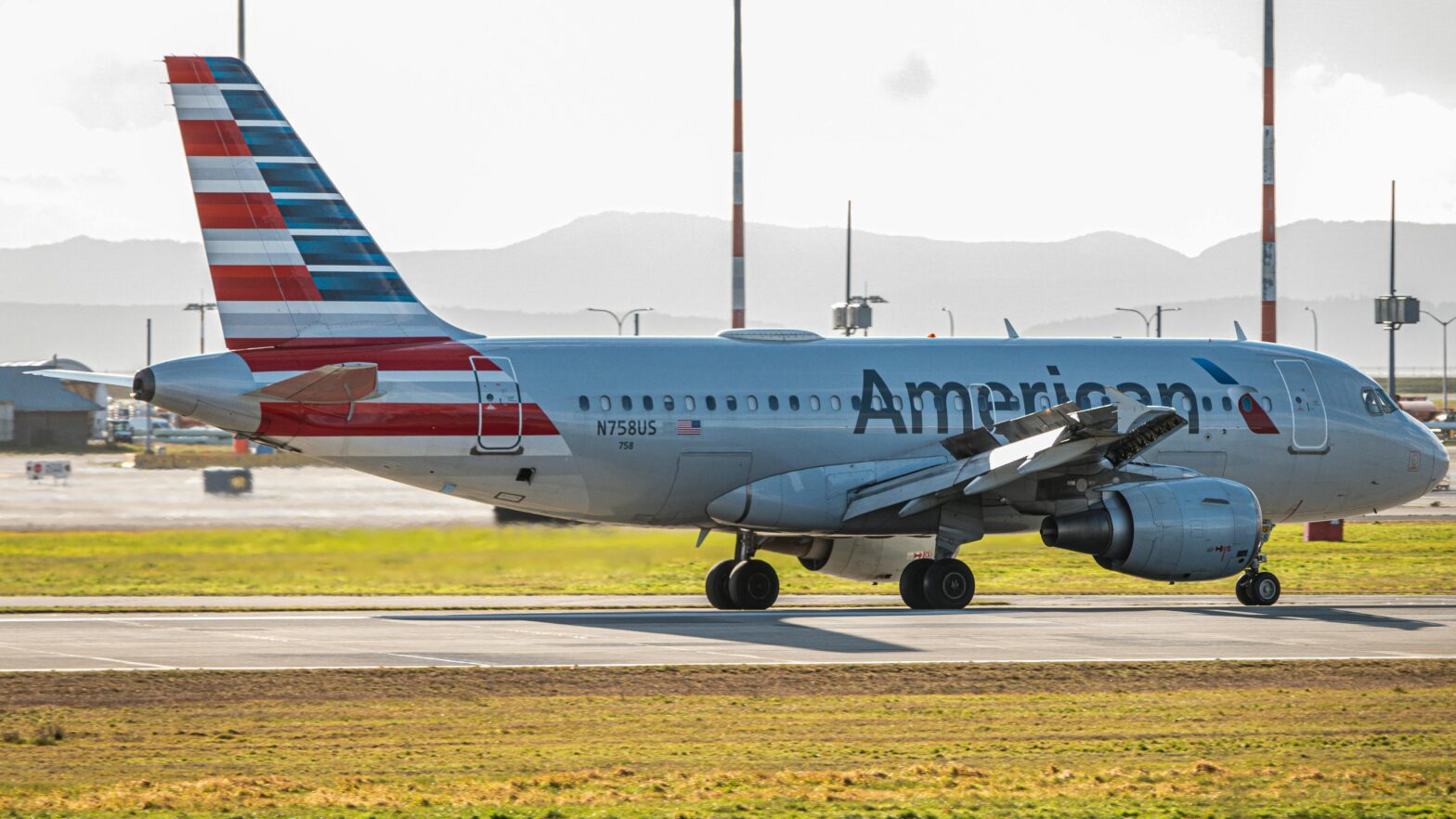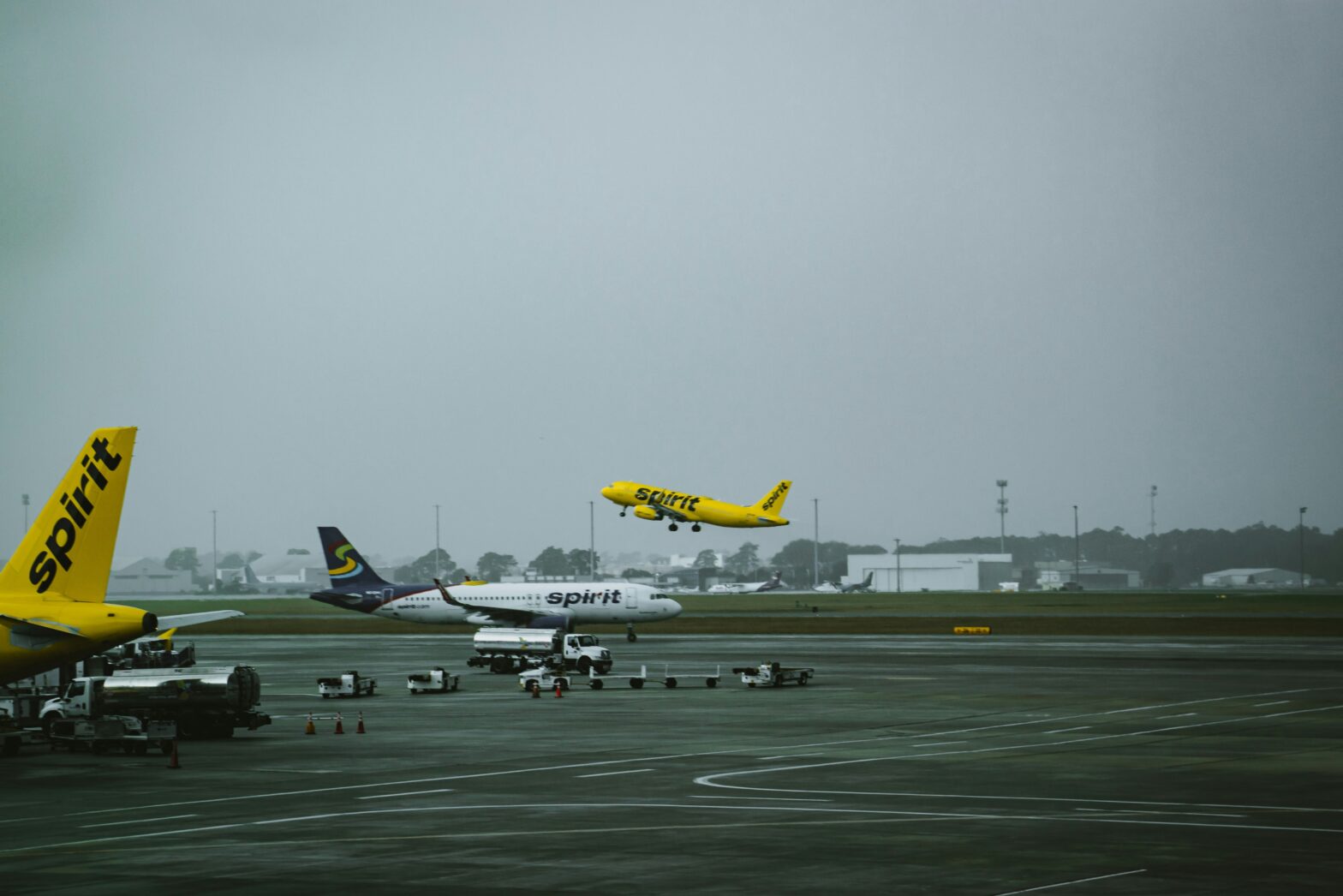Rickie, a YouTuber and Spanish language educator, creates content for learners hoping to speak Spanish fluently and confidently. Identifying as 100% from the United States with “a Latin heart”, his content gained traction on his channel, Bilingüe Blogs, when people noticed how impossible it was to tell that his Dominican Republic Spanish accent was not his native one.
Fully immersing himself in Latin American culture, particularly from the Dominican Republic, changed his relationship with the Spanish language for good.
Working as a flight attendant for a major airline, Rickie was able to travel to the majority of countries in the Caribbean, Central and South America, but of all the countries he visited, the Dominican Republic was the one to steal his heart.
He founded Bilingüe Blogs, which continues his work of showcasing respect for the language and culture.
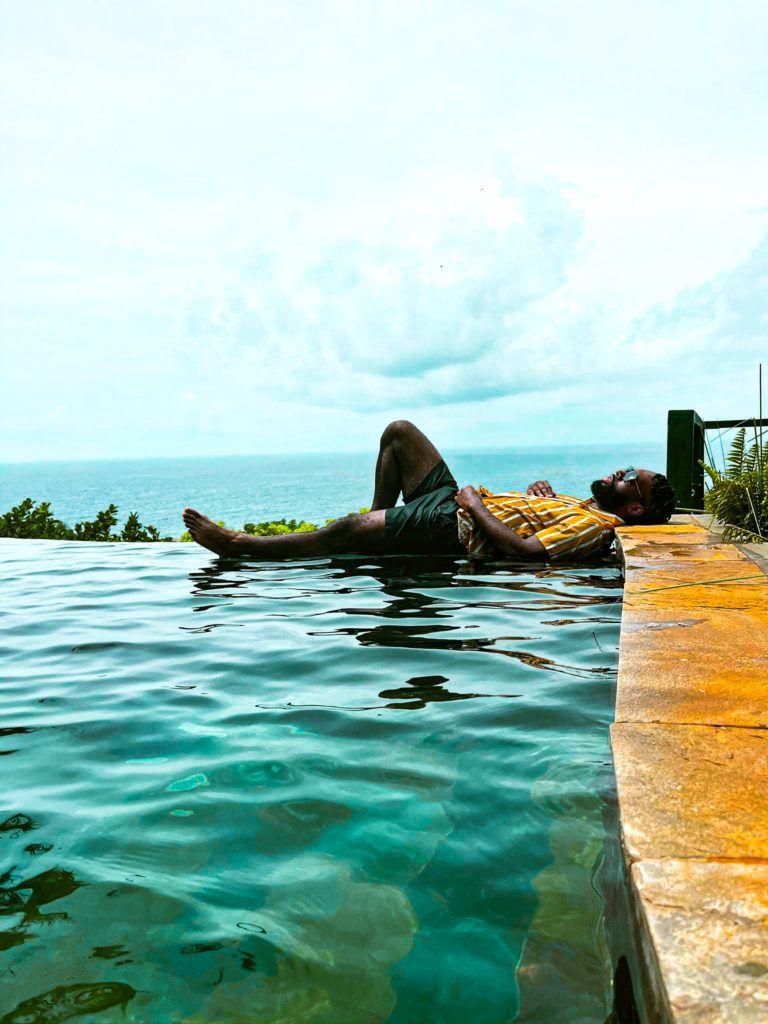
Rickie tells Travel Noire that “[w]hen I first began studying Spanish at 12 years old, I found out about Bachata. I had no idea that it was Dominican, but I felt like it was Spanish R&B due to the themes of the songs. I fell in love with it due to the music of Aventura, Monchy y Alexandra, and Xtreme.”
Using music as a gateway into the nuances of the language, he found himself more and more connected to the language as a Black American man.
“Many years later, when I was 23 years old and already fluent in (standard) Spanish, I stumbled across a Dominican rap battle in Spanish. I had no clue that they did rap battles just like Black people in the US and that intrigued me, however I couldn’t understand anything they were rapping about, because they were using slang and an accent that I wasn’t used to. Since I love challenges, I challenged myself to learn this dialect. In doing so, I fell in love with more than just their way of speaking, but also the culture” said Rickie while reflecting on his developing appreciation for Dominican rap and the cultural specificities of the language.
A rejuvenated understanding of the potential of the Spanish language, a new lease of accessibility and excitement, found its way into Rickie’s language learning process. This time, he was approaching Spanish as a Black American, finding parallels between the slang/vernaculars of these two cultures, the ways they raise children and their expressive ways of communicating. Discovering the extent of the African diaspora in the Spanish-speaking Caribbean opened up a world of belonging that motivated Rickie, and in turn his subscribers, to fully embrace Caribbean Spanish.
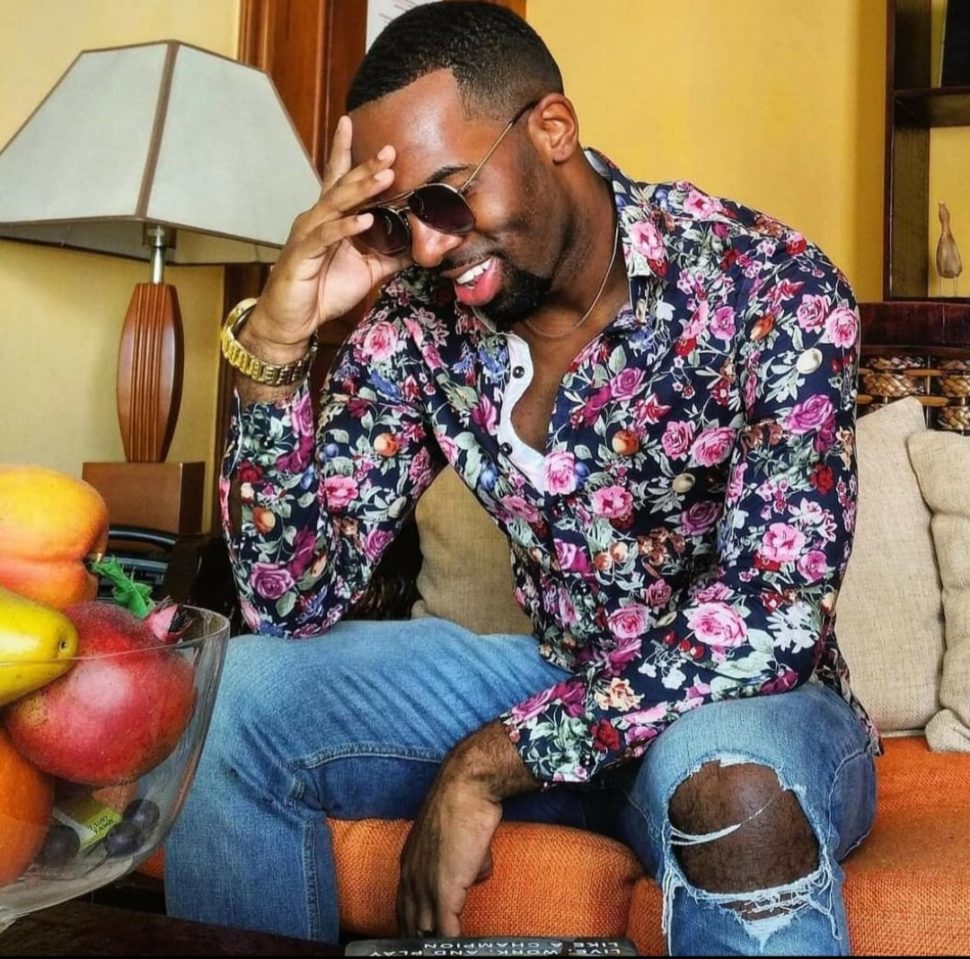
As much as Bilingüe Blogs serves to provide grammatical and theoretical tips on learning Spanish, Rickie also seizes the opportunity to showcase his travels, several Afro-Latino communities and his interactions with native speakers. Rickie also uses the platform to point out the similarities between African American Vernacular and Dominican Republic speech patterns and perceptions. This comparison allows for more relatability and solidarity between those across the diaspora hoping to learn the language.
It also is key to Rickie’s primary reasons for sharing his progress online: “I wanted to be an advocate for [Dominican/Caribbean Spanish] as a perfectly good way of speaking, because in the US, African American vernacular English is equally looked down upon”.
Fully aware of the erasure of Afro-Latinos and Afro-Latino culture, he added, “I think it’s all beautiful and deserves representation”.
As a bi-lingual Black expat, we asked Rickie to share his favourite countries to visit in Latin America. His recommendations were:
All three of the Spanish-speaking Caribbean islands – Cuba, Puerto Rico and the Dominican Republic. Colombia. There isn’t much representation of Afro-Latinos in the mainstream Colombian media, but when I went to Medellín, I learned that there is a huge and vibrant Afro-Colombian population. Honduras with their Garífuna culture is absolutely worth a visit. Panama has a strong Jamaican influence, which I really enjoyed. Ecuador. There is a coastal city in the north-western part of the country called Esmeraldas that is full of Afro-Latinos. Traveling to learn about the rich history of the African descendants in the region would be an unforgettable experience.
Keep up with the journey on the Bilingüe Blogs channel and on Instagram.
